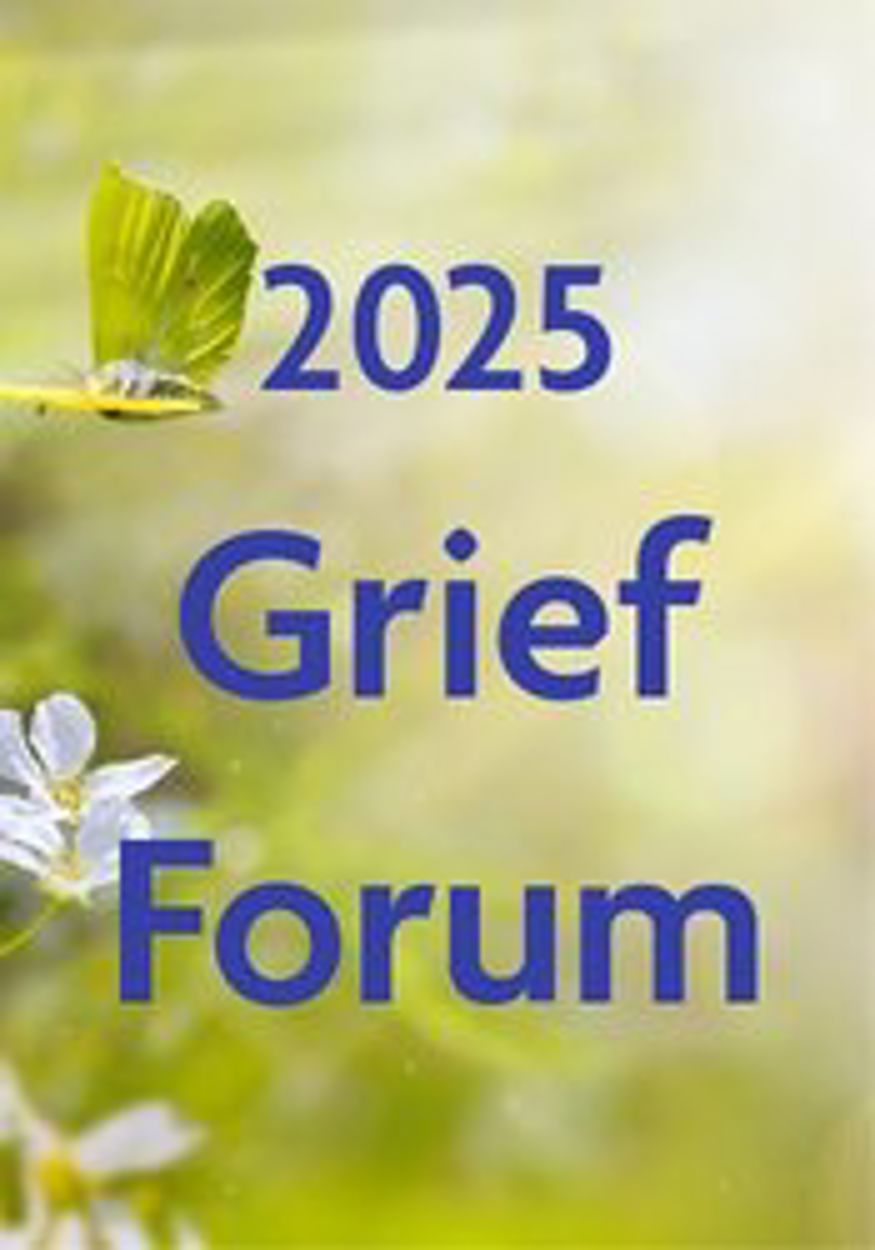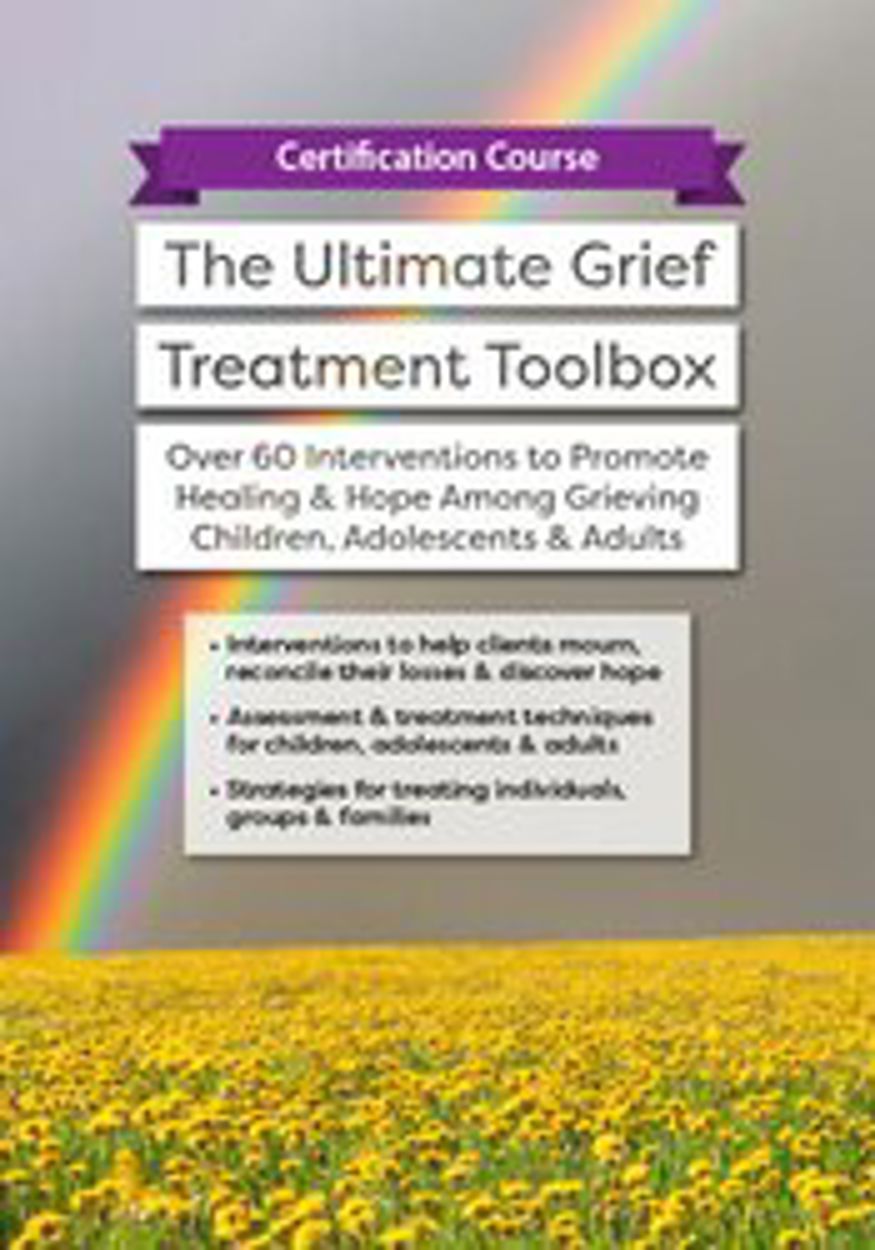Creative Interventions to Promote Healing and Reconciliation from Grief

Grief and loss are profound human experiences that can feel isolating and overwhelming. As therapists, we play a crucial role in guiding individuals through their grief journey, helping them process emotions, find meaning, and ultimately heal. While traditional talk therapy is valuable, incorporating creative interventions can foster deeper engagement, self-expression, and reconciliation with loss.
Here are 5 creative strategies that can be integrated into therapy sessions to promote healing and reconciliation:
Here are 5 creative strategies that can be integrated into therapy sessions to promote healing and reconciliation:
1. Expressive Arts Therapy: Turning Pain into Expression
Art is a powerful medium for emotional release. Grieving clients often struggle with verbalizing their emotions, making creative expression an ideal way to externalize feelings. Art can provide a non-verbal way to process grief, giving clients permission to feel, reflect, and move forward. Help them turn their pain to expression with these art-based interventions:- Feelings Masks: Clients create masks representing their outward emotions vs. their internal experiences.
- Memory Collage: Using magazine cutouts or personal photos, clients craft a visual representation of their lost loved one.
- Clay/Play-Doh Sculpting: A hands-on way to process grief and mold emotions into tangible forms.
- Photo Storytelling: Clients create a photo book or storyboard to document memories and emotions tied to their loss.
2. Therapeutic Writing: The Power of Words
Writing allows clients to process their grief privately while providing a structured outlet for emotions. Journaling as a long-term coping strategy can help clients revisit and track their progress toward healing. Some writing-based interventions include:- Letter Writing: Clients write a letter to their lost loved one or from the perspective of their loved one offering reassurance.
- "I Am" Poems: A self-reflective poetry exercise exploring identity changes post-loss.
- Loss Line Exercise: Mapping out the primary and secondary losses experienced in grief to visualize the ongoing impact.
3. Music and Movement: Embodying Emotions
Incorporating music and movement can create a multi-sensory approach to healing, connecting mind, body, and emotions. Music has the power to evoke memories, soothe pain, and bring people together. Similarly, movement-based interventions allow grief to be processed somatically. Try using one of these music and movement interventions to help clients embody emotions:- Remembrance Music: Clients create a playlist of songs that remind them of their loved one or reflect their emotions.
- Drum Circles: A communal approach to channeling grief through rhythm and connection.
- Guided Imagery & Movement: Encouraging clients to embody emotions through dance, stretching, or mindful walking.
4. Play Therapy: Grieving Through Games
Play therapy fosters safety and engagement, helping young clients process loss in a developmentally appropriate way. For children and adolescents, grief is often expressed through play rather than words. Therapeutic games offer a structured yet engaging way to explore emotions. Help grieving clients with these play-based interventions:- Grief Jenga: Each block has a question or prompt related to grief, sparking discussion.
- Emotion Puppets: Using stuffed animals or puppets to express feelings.
- Memory Treasure Hunt: Finding symbolic objects that represent memories with a lost loved one.
5. Rituals and Memorialization: Honoring the Loss
Grief does not simply disappear—it transforms over time. Rituals normalize the grieving process, offering structure and comfort to those navigating loss. Creating rituals can help clients integrate their loss into their new reality. A few memorialization ideas include:- Memory Stones: Painting stones with messages or symbols representing the lost loved one.
- Candlelight Ceremony: A personal or group ritual of lighting candles and sharing memories.
- Legacy Journals: A collection of stories, pictures, and reflections on the deceased.
- Grief Camps & Support Groups: Organized spaces where individuals share, bond, and find community in grief.
The Path to Reconciliation
Healing does not mean "getting over" grief—it means learning to live with loss in a way that fosters growth, connection, and peace. As therapists, incorporating creative interventions allows clients to move beyond words, engage in meaningful expression, and find reconciliation with their loss. Whether through art, writing, music, or ritual, these strategies empower clients to transform their pain into healing. By embracing creativity in grief work, we create space for hope, connection, and a renewed sense of purpose—one intervention at a time.FREE Virtual Training: 2-Day 2025 Grief Forum Summit with David Kessler

The 2025 Grief Forum is filled with the best and most sought-after grief experts in the world to show you how to confidently work with grief and loss. This FREE training will provide you with practical tools and strategies to support clients dealing with loss. You will learn to differentiate between grief and depression, address various types of loss, and apply effective interventions to facilitate healing.
Register to attend FREE above! Then UPGRADE and get up to 8 LIVE CE credits ($559.92 value), a copy of David Kessler’s Finding Meaning Grief Workbook with free shipping, and Erica Sirrine’s popular Grief Certification Training - up to 6 more CE credits included!
Register to attend FREE above! Then UPGRADE and get up to 8 LIVE CE credits ($559.92 value), a copy of David Kessler’s Finding Meaning Grief Workbook with free shipping, and Erica Sirrine’s popular Grief Certification Training - up to 6 more CE credits included!
Certification Course: The Ultimate Grief Treatment Toolbox: Over 60 Interventions to Promote Healing & Hope Among Grieving Children, Adolescents & Adults

Watch Dr. Erica Sirrine, Ph.D., LCSW, FT, as she walks you through over 60 interventions that you can use to help your grieving clients find hope and heal. Drawing on her expertise as a bereavement counselor and educator, Dr. Sirrine blends remarkable case studies with creative intervention strategies for an engaging and unforgettable workshop that will arm you with the skills you need to be an effective therapist for grieving clients.
Whether your client is experiencing feelings of premature grief due to the anticipated death of a loved one, pain and loss following a divorce, or feelings of disbelief and shock following a traumatic death, this workshop will prepare you to skillfully intervene.
Best of all, upon completion of this training, you’ll be eligible to become a Certified Grief Informed Professional (CGP) through Evergreen Certifications. Certification lets colleagues, employers, and clients know that you’ve invested the extra time and effort necessary to understand the complexities of grief counselling. Professional standards apply. Visit www.evergreencertifications.com/CGP for details.
Whether your client is experiencing feelings of premature grief due to the anticipated death of a loved one, pain and loss following a divorce, or feelings of disbelief and shock following a traumatic death, this workshop will prepare you to skillfully intervene.
Best of all, upon completion of this training, you’ll be eligible to become a Certified Grief Informed Professional (CGP) through Evergreen Certifications. Certification lets colleagues, employers, and clients know that you’ve invested the extra time and effort necessary to understand the complexities of grief counselling. Professional standards apply. Visit www.evergreencertifications.com/CGP for details.





